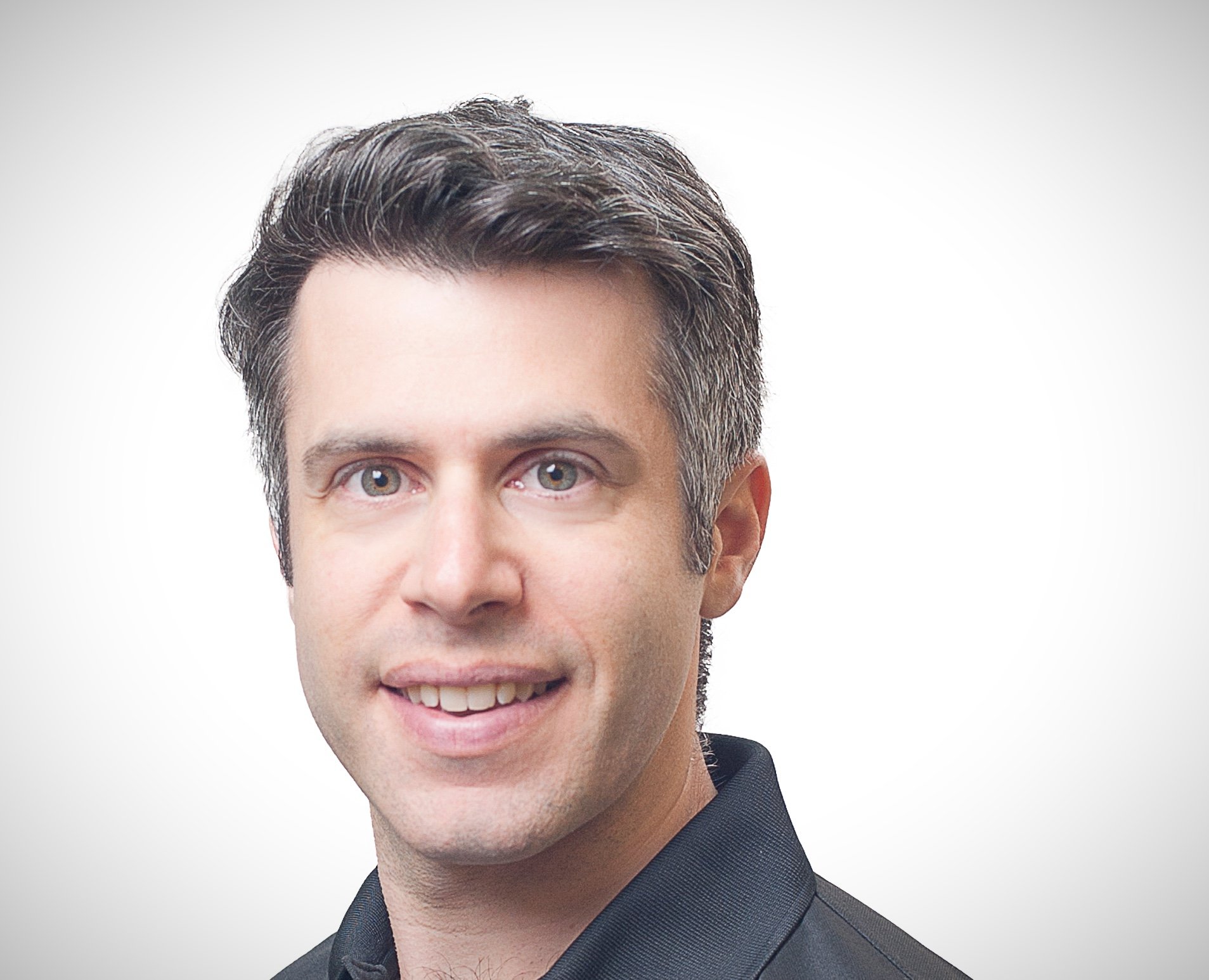
Cancer, one of the world’s leading causes of death, kills millions every year. Advances in genomics and related technologies hold enormous potential to improve prevention and treatment, but researchers need more genomic data to understand the disease and develop solutions. Further progress in the field will require new attitudes towards data sharing and updated regulations to ensure that data is used quickly, safely, and effectively. All of us have a role to play in driving progress forward.
This was a key message in a panel on “Headway in Cancer” at Techonomy Health in New York on May 16. Moderated by healthcare journalist and longtime Techonomy contributor Meredith Salisbury, the panel focused on the many synergies between oncology and genomics, a fast-evolving field that deals with the meaning of the DNA code that shapes our lives (see a full video of the panel here). This code has significance for both cancer risk and treatment options, so better understanding of how it works can yield major innovations in oncology.
The panel began with discussion of the amazing progress in genomics over the past few decades. As the cost of sequencing the human genome plummeted, scientists and researchers assembled massive stores of genomic data. Since drawing insight from this data often involves comparing thousands or even millions of genomes, they also built powerful tools to sift through staggering quantities of information and produce medically actionable insights for cancer and many other diseases.
“We’re finally starting to see the fruits of 30-40 years of research actually impacting the patient in the clinic,” said Andrew Kung, Chair of the Department of Pediatrics at Memorial Sloan Kettering Cancer Center. “For the first time in my career, I can actually say that it’s an exciting time to be an oncologist.”
To demonstrate this shift, Kung told the story of one of his patients, a 7-year-old girl with an unusual tumor that no one could diagnose. After going through twenty cycles of chemotherapy and multiple surgeries, her doctors ran out of options and transitioned her to end-of-life care. By sequencing her tumor, however, Kung’s team discovered an entirely novel solution that led to complete remission in under 30 days. The story brought a round of applause from the audience.
Genomics also offers new capabilities in preventative care. One of the panelists was Jill Hagenkord, Chief Medical Officer of Color Genomics, a diagnostics firm that offers DNA-based tests for hereditary cancer risk. The firm offers a $249 service that examines 30 genes associated with cancer. It also provides genetic counseling to help patients understand the significance of the results. Only a few years ago, a similar service would have cost thousands of dollars.
Services like these will produce mountains of new data, but the panelists agreed that more data sharing is necessary to drive further progress in cancer care. They noted that many companies and research organizations around the world are sitting on potentially useful datasets, but too many remain unwilling to share it. Part of the problem is that sharing data can be complex and expensive. Some organizations also view genomic data as an asset and a source of competitive advantage, which leads to data hoarding.
One workaround is to empower individuals to take ownership of their genomic data and inspire them to share it with researchers. This is the approach of Sema4, a healthcare informatics startup led by Eric Schadt, who spoke on the panel about his deep frustrations with the state of genomic data sharing in the oncology community. In his five years as director at the Icahn Institute for Genomics and Multiscale Biology at Mount Sinai in New York, he frequently struggled to access genomic datasets from peer institutions. The experience inspired him to try a new approach centered on the individual.
All the panelists acknowledged that personal ownership and open sharing of genomic data carries risks. Medical professionals and regulators often worry that uninformed individuals might misinterpret the results and make unhealthy or even deadly decisions, so most require that these tests are ordered by physicians and that the results presented by a certified professional. Some also fear that the data might be used for potentially malicious purposes like genetic discrimination (an issue that was explored in a subsequent panel about the bioethics and geopolitics of genomics).
The panelists also acknowledged that America’s regulatory and reimbursement landscape isn’t quite yet ready to make the most of genomic medicine. Even where the data is available and sufficient to generate novel therapies, such as the one that Dr. Kung used to save the life of his 7-year-old patient, we still don’t have modern regulatory frameworks to manage them. We also don’t have enough data to show that personalized cancer therapies deliver sufficient value to become the standard of care, so insurers remain hesitant to reimburse them.
Despite these challenges, the panelists convinced me to think more about how I can contribute my own genomic data to researchers in oncology and other fields. Like most people, I’m perfectly content to share detailed behavioral data with companies like Facebook and Google in exchange for the useful services they offer. If my genomic data can provide similar benefits in the medical domain, I’m open to contributing it. The more we all give serious consideration to doing the same, the sooner we may have cures for cancer and other diseases.
Will Greene is a writer and strategy consultant focused on Asia’s emerging R&D ecosystems. You can find him on LinkedIn.
How Genomics Can Improve Cancer Care (at Techonomy Health)
Cancer kills millions every year. Advances in genomics and related technologies hold enormous potential for prevention and treatment, but researchers need more data. A Techonomy Health session tackled challenges in our current system, and the case for allowing researchers access to our genomes.















